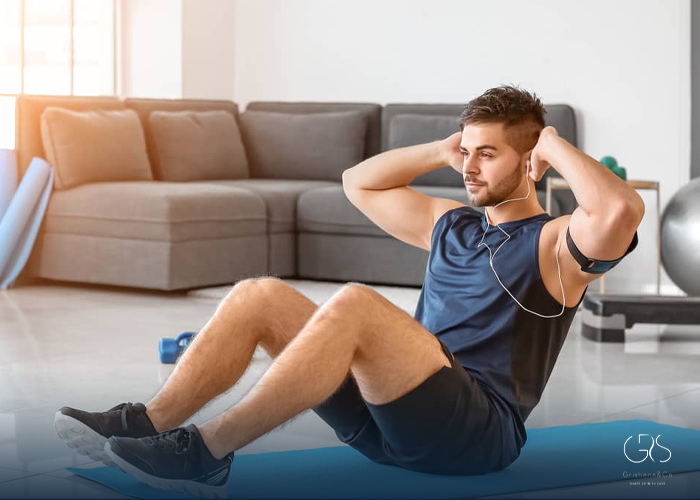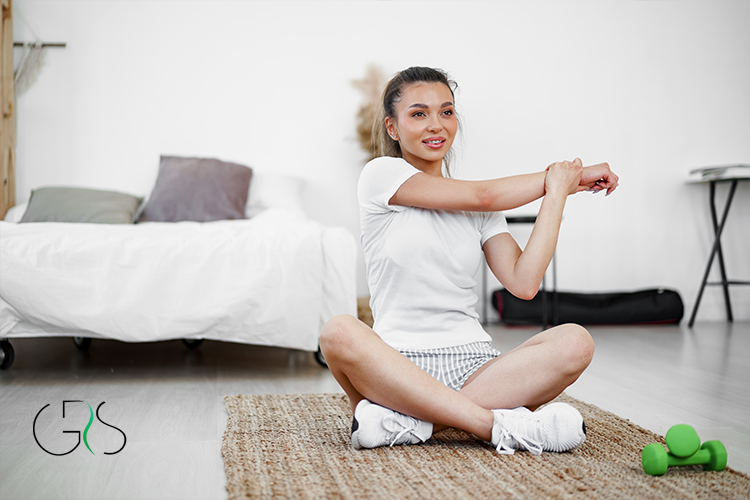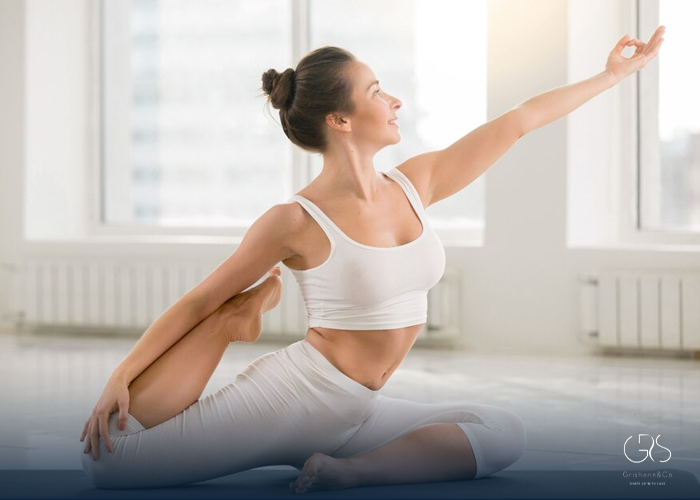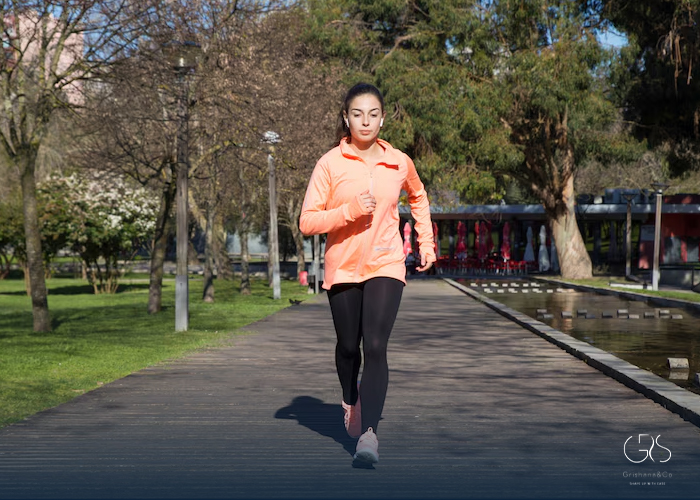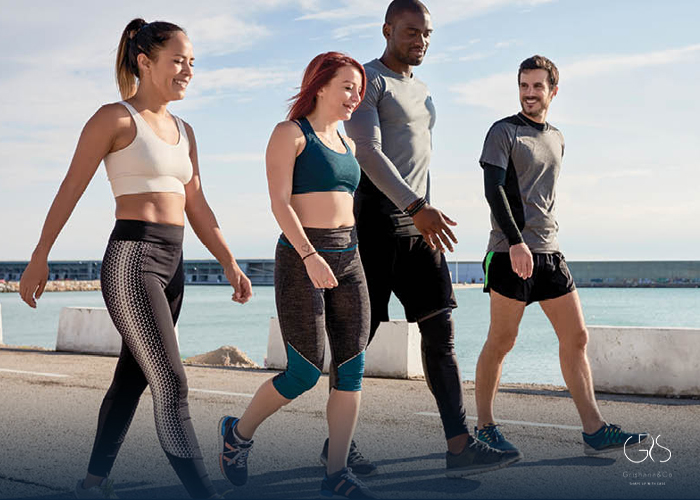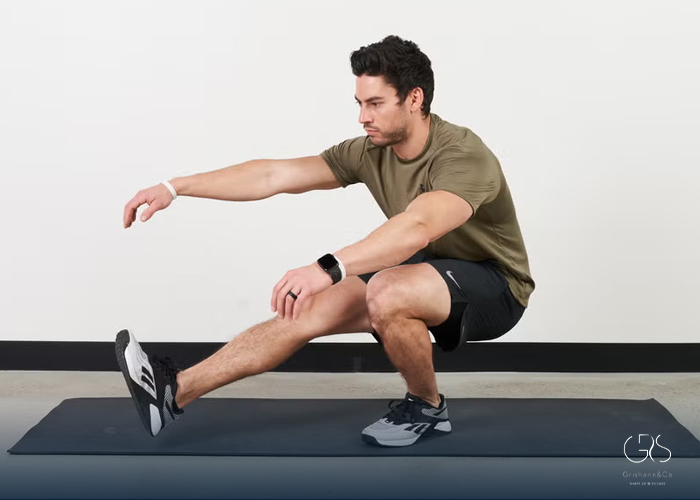In today’s fast-paced society where the pursuit of youth, vitality, and health is a common goal, the benefits of exercise cannot be understated. Through numerous scientific studies and personal testimonials, it has been well-established that exercising not only impacts our physical appearance but also plays a pivotal role in improving overall well-being. From slowing cell aging to boosting mood, the positive effects of regular physical activity on our bodies and minds are extensive and profound. In this article, we will delve into the myriad ways in which exercise can make you look and feel younger, healthier, and happier.
Does Exercising Make You Look Younger?
The quest for eternal youth is a timeless desire shared by many. While aging is a natural process that we all go through, regular exercise has been shown to have a significant impact on how we age. Research has indicated that exercise can effectively slow down the aging of our cells, hence contributing to a more youthful appearance (source).
Exercise Slows Cell Aging
At a cellular level, exercise has the remarkable ability to slow down the aging process by protecting and preserving the telomeres, which are the protective caps at the end of our chromosomes. By maintaining the integrity of these telomeres, exercise essentially helps to delay cell aging and keep our bodies functioning optimally .
Exercise Gives You More Energy
One of the immediate benefits of exercise is the surge of energy it provides. Engaging in physical activity boosts circulation, delivers essential nutrients and oxygen to cells, and releases endorphins – all of which contribute to increased vitality and alertness throughout the day.
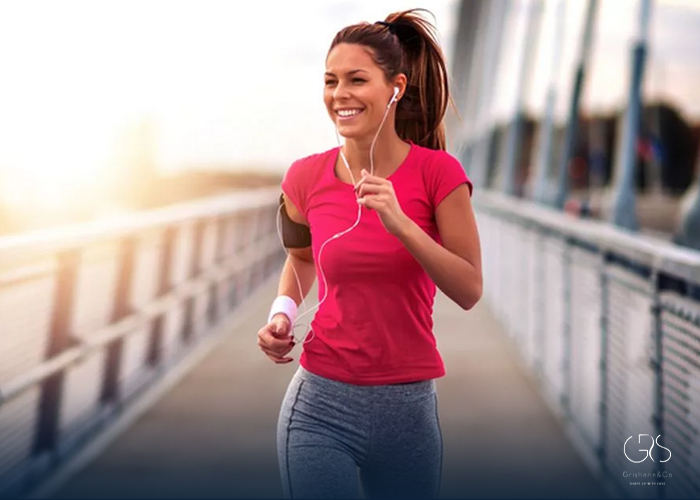
Exercise Keeps Your Skin Soft and Glowing
Regular exercise promotes proper blood flow and circulation, which helps nourish skin cells and keep the skin looking healthy and vibrant. Additionally, the sweat produced during exercise helps to flush out toxins from the body, leading to clearer and more radiant skin.
Exercise Improves Your Posture
Poor posture is a common issue in today’s sedentary lifestyle. Through strength-building exercises, particularly those targeting the core and back muscles, posture can be improved. Better posture not only gives the appearance of confidence and elegance but also prevents musculoskeletal problems in the long run.
Exercise Improves Your Flexibility
Flexibility is a crucial component of physical fitness that often gets overlooked. Incorporating stretching and flexibility exercises into your workout routine can enhance joint mobility, prevent injuries, and promote better overall movement patterns.
(Read more about Leg Mobility Exercises)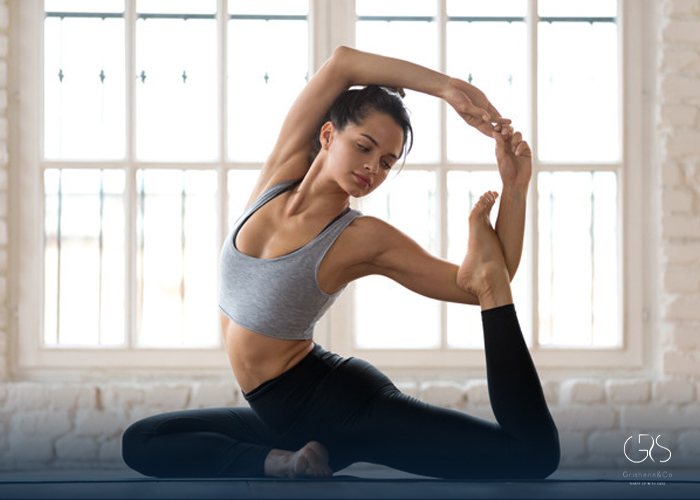
Exercise Helps You Sleep Soundly
Quality sleep is essential for overall health and well-being. Regular exercise has been shown to improve the quality and duration of sleep, leading to a more rested and rejuvenated feeling upon waking. Physical activity helps regulate our circadian rhythms, thus promoting restful sleep patterns.
(Read more about Sleep Quality)
Exercise Keeps Your Metabolism High
A high metabolism is key to maintaining a healthy weight and energy levels. Exercise, especially when combined with strength training, helps build muscle mass, which in turn boosts the body’s metabolic rate. This means that even at rest, individuals who exercise regularly burn more calories than those who are sedentary.
Exercise Reduces Belly Fat
Excess abdominal fat is not only a cosmetic concern but also a risk factor for various chronic diseases. By engaging in aerobic exercises and incorporating strength training, you can effectively reduce belly fat and improve your overall body composition.
(I suggest that you read my article on losing belly fat for more information.)

Exercise Makes Your Heart More Efficient
The heart is a muscle that benefits greatly from regular exercise. Cardiovascular activities such as running, cycling, and swimming strengthen the heart, improve circulation, and lower the risk of heart disease. A stronger, more efficient heart results in better overall cardiovascular health.
Exercise Protects You From Heart Disease
Heart disease remains a leading cause of mortality worldwide. Engaging in regular physical activity has been shown to lower blood pressure, reduce cholesterol levels, and improve overall heart health. By incorporating exercise into your daily routine, you can significantly reduce the risk of heart-related illnesses .
Exercise Improves Your Blood Flow
Improved blood flow is a direct result of aerobic exercise. When the heart pumps efficiently and circulates oxygen-rich blood throughout the body, all organs benefit. Enhanced blood flow not only nourishes cells but also helps remove waste and toxins from the body.
Exercise Boosts Your Mood
The link between exercise and mental well-being is well-documented. Physical activity triggers the release of endorphins, commonly referred to as the “feel-good” hormones. These neurotransmitters help reduce stress, anxiety, and depression, promoting a positive mood and emotional balance.
Exercise Reduces Anxiety
Anxiety is a prevalent mental health condition that can significantly impact one’s quality of life. Studies have shown that regular exercise can reduce symptoms of anxiety and improve overall mental health by promoting relaxation and reducing tension.
Exercise Jumpstarts Your Sex Drive
Sexual health is an important aspect of overall well-being. Engaging in physical activity boosts confidence, improves body image, and enhances cardiovascular health, all of which contribute to a healthier sex drive and sexual function.
(Read more about Sex benefits)
Exercise Enhances Your Memory
Cognitive benefits are also associated with exercise. Regular physical activity has been shown to enhance memory, improve focus, and increase cognitive performance. The brain-boosting effects of exercise are particularly beneficial for older adults in preserving mental acuity.
Conclusion
The benefits of exercise extend far beyond physical appearance and encompass a holistic approach to well-being. From slowing cell aging to improving mood, reducing anxiety, and enhancing memory, regular physical activity is a potent elixir for a healthier and happier life. By incorporating exercise into your daily routine, you can reap the numerous rewards that come with taking care of your body and mind.
In a society where the pursuit of youth and wellness is a prevalent goal, exercise emerges as a powerful tool that can empower individuals to live longer, healthier, and more fulfilling lives. Whether you’re a seasoned athlete or a beginner looking to start your fitness journey, the benefits of exercise are accessible to all. Remember, it’s never too late to start reaping the rewards of a more active and vibrant lifestyle.
Sources
- Harvard Health Publishing, How does exercise reduce stress?
- Harvard Health Publishing, Can exercise extend your life?
- National Center for Biotechnology Information, Does Physical Activity Increase Life Expectancy?
- medicalnewstoday, How much should you exercise for a longer, healthier life? Study offers clues


